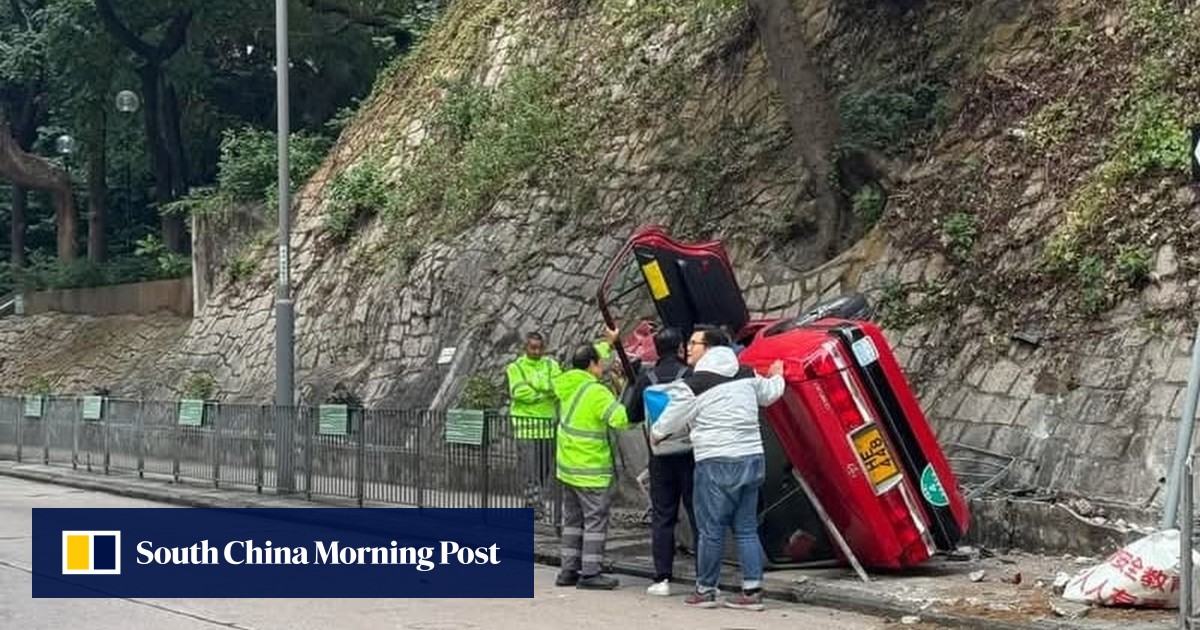It was a piece of political theatre that felt eerily familiar. Indonesia’s newly installed Vice-President Gibran Rakabuming Raka arrived in Jakarta’s flood-stricken Kampung Melayu neighbourhood on November 28, ready to offer aid to victims.
But the food packages he handed out – bundles of rice, tea, sugar, and cooking oil -came with more than just sustenance. Stamped across the bags was a conspicuous label: bantuan wapres Gibran (Vice-President Gibran’s aid).
The backlash was swift. Social media lit up with accusations that Gibran’s gesture was less about relief and more about burnishing his personal image – an accusation reminiscent of his father, former President Joko Widodo, whose name became synonymous with just this style of populist image-building while in office.
“This is just like his father,” wrote one user on X. “Our debt is called the national debt. But when it comes to social assistance, it’s called ‘presidential assistance’ … Why is his name written on it?”
Yogyakarta-based labour law lecturer Nabiyla Risfa Izzati was even more cutting. “Gibran really used his father’s textbook from the first day he took office,” she wrote on X, citing the complaint hotline he has launched, as well as his habit of flying economy class and, now, donating branded social assistance. “Branding. Branding. Branding,” she added.
For many Indonesians, the term blusukan – a signature of Widodo’s presidency – has become shorthand for a style of leadership that’s both hands-on and highly performative. It’s the art of the impromptu visit: rice fields, traditional markets, and flood zones, places politicians usually avoid but where photo opportunities abound.

 By South China Morning Post | Created at 2024-12-14 04:09:52 | Updated at 2024-12-14 06:51:12
2 hours ago
By South China Morning Post | Created at 2024-12-14 04:09:52 | Updated at 2024-12-14 06:51:12
2 hours ago








